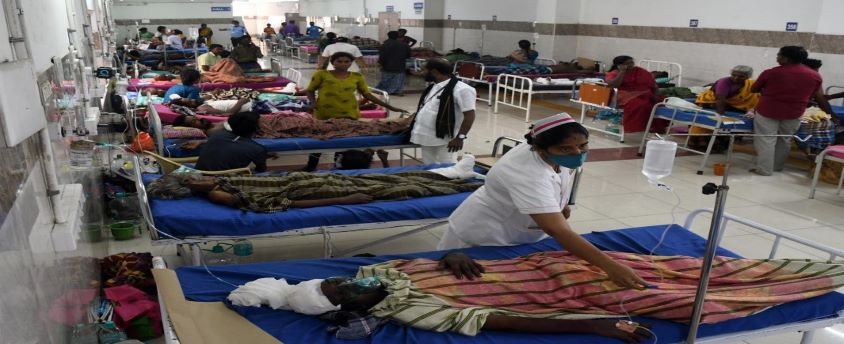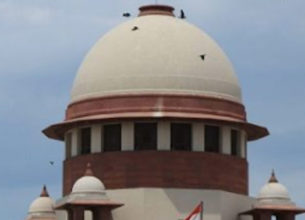The cost of insurance-based funding
29, Mar 2023

Prelims level : Governance
Mains level : GS-II Governance | Government Policies & Interventions in Health Sector
Why in News?
- The Tamil Nadu model of public health is renowned for its success in providing quality health services at an affordable cost especially to the rural people. Tamil Nadu is the only state with a distinctive public health cadre in the district level and also the first state to enact a Public Health Act in 1939.
- The Tamil Nadu public health model has ensured equity in the delivery of health care, led to big improvements in maternal and infant mortality and universal immunisation coverage, and led to a low total fertility rate compared to the all-India average.
- This has been mainly due to changes in funding for healthcare in the last decade. The funding mix varies from grants from the National Health Mission to the Chief Minister’s Comprehensive Health Insurance Scheme (CMCHIS).
Benefits of funding through insurance companies:
- The indirect funding through the insurance companies has ushered in massive changes in the functioning of the public health sector.
- The central gain is the decentralisation of medical and healthcare administration.
- Powers have been substantially transferred to the heads of the department to purchase drugs which have cut red tape.
- Decentralisation has empowered individual departments to prioritise their needs and hasten decisions in patient care in accordance with evidence-based medical advancement.
Issues:
- Due to decentralisation, every department in the medical college has become an individual establishment. These departments compete with one another to maximise profit and minimise losses.
- As a consequence, patients and their illnesses are seen through the lens of indemnity in secondary and tertiary healthcare systems.
- This could lead to the denial of claims, the imposition of high deductibles and copays, and other restrictions that can limit access to care.
- Negotiations with insurance companies have become cumbersome exercises for the public sector hospitals. Administrative delays by insurance companies have shifted the focus of hospitals from patient care, teaching and research to claiming money from companies.
- Contractual appointments of doctors and staff in district health societies have resulted in trust deficit and which leads to a compromise in the quality of service.
- Young doctors under contractual appointments are not even eligible for reservation benefits in post-graduate medical education under the Tamil Nadu government in-service doctor’s reservation scheme.
- Mere profit-loss calculation and treatment of public health as a health industry will lead to an erosion of compassion among health professionals.
- In Tamil Nadu, between 2012 and 2021, ₹7,783 crore was allotted in the Chief Minister’s Comprehensive Health Insurance Scheme (CMCHIS) to insurance companies.
- Of this, only ₹2,895 crore has been claimed by government hospitals and the rest by private hospitals. This disproportionate ‘diversion’ of funds will further shrink funding to public hospitals.
Way Forward:
- A tax-funded model of Universal Health Care would ensure that healthcare services are available to all citizens without discrimination.
- It would also ensure that the burden of healthcare financing is shared by the government and the citizens, with the government taking the responsibility for providing healthcare services to all citizens.
- Such a model would also prioritise primary healthcare services, which are essential for promoting good health and preventing diseases. Additionally, a tax-funded model would ensure transparency and accountability in healthcare delivery.







